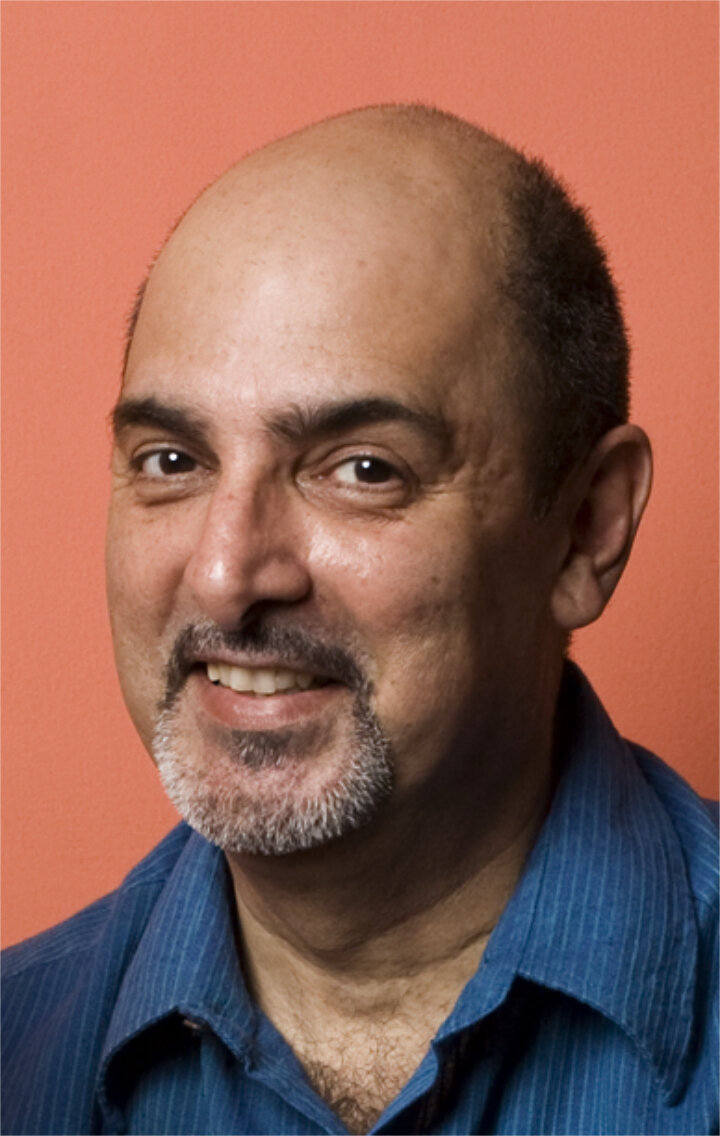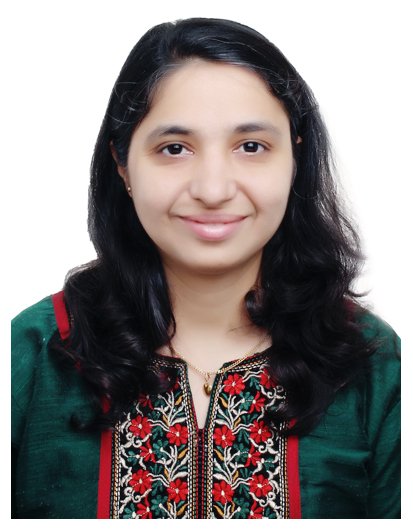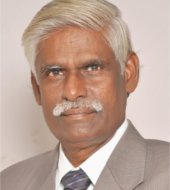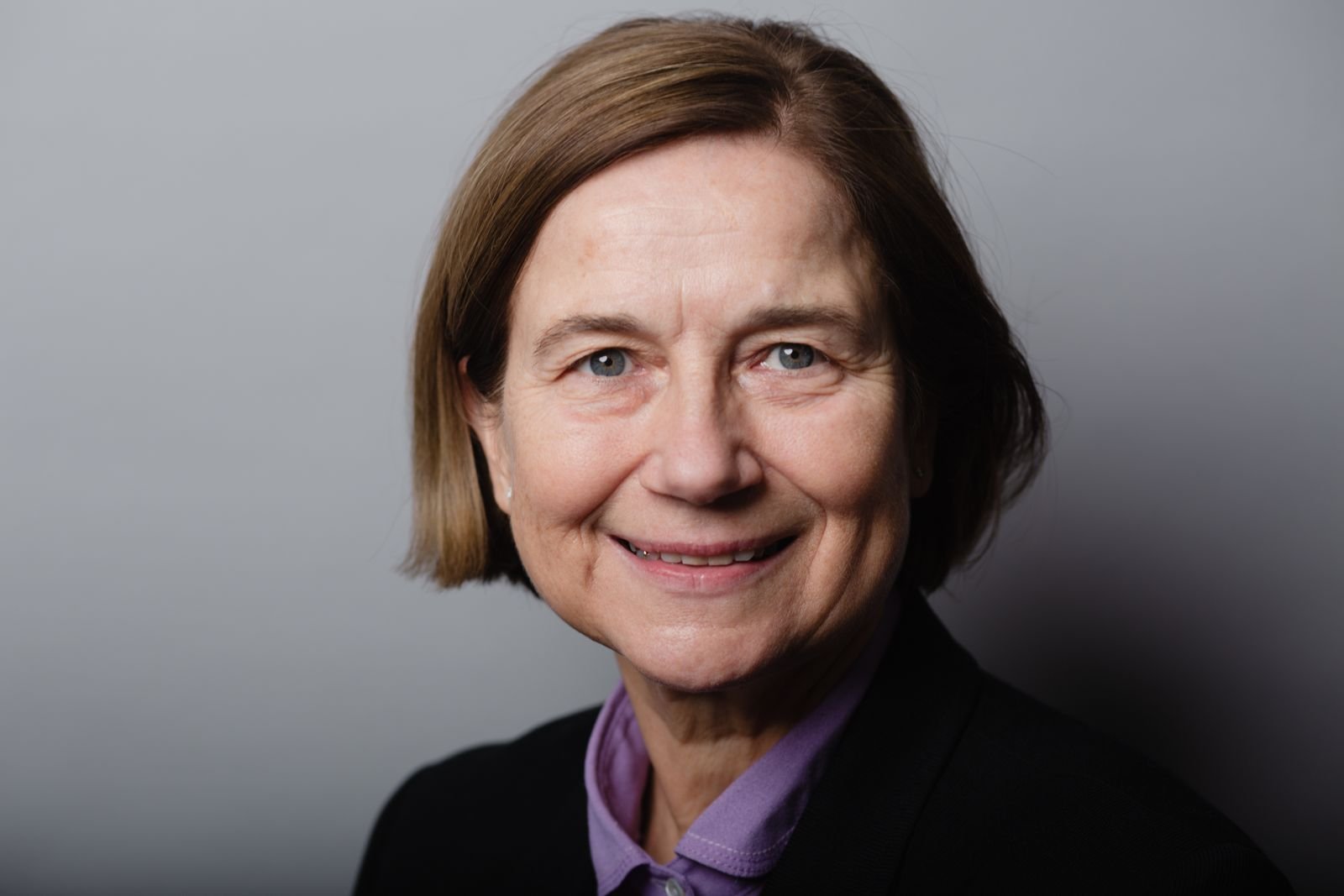Dr. Kerman Daruwalla
Dr. Kerman Daruwalla is the project coordinator for the TISS-Parzor Academic Programme. Kerman completed his PhD from the School of Oriental and African Studies (SOAS), University of London in 2021 for the thesis titled ‘Becoming an Athravan: A study of the training of Zoroastrian Priests in India’, for which was awarded the European Research Council (ERC) Studentship during 2016-2019. He holds an MA in Avestan-Pahlavi from the University of Mumbai, and an MA in Iranian Studies from SOAS, London.
Kerman works as a Consultant for the Multimedia Yasna (MUYA) project at SOAS, where he has advised the project team on the interactive Yasna film, and supported the MUYA team on the Gujarati ritual directions. His areas of interest include Zoroastrian ritual texts and Parsi Zoroastrian priestly history and contemporary practice. In 2021, he co-authored a book with Dr. Céline Redard, titled ‘the Gujarati ritual directions of the Paragnā, Yasna and Visperad ceremonies’. Kerman is an alumnus of Syracuse University, New York and the Indian School of Business, Hyderabad.
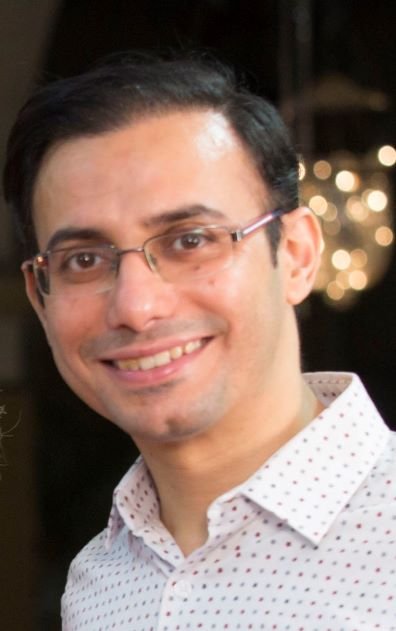
Dr Firdaus Gandavia is a Chartered Accountant. Literature was always his passion so he did a PhD in English Literature. He has taught at Mumbai University as a guest lecturer. He reviews books for Parsiana on a regular basis and also interviews Parsi writers as and when he has the chance.
Abhimanyu Acharya is a multilingual fiction writer, playwright, translator, and scholar currently based out of Ontario, Canada where he is a postdoctoral associate at Western University. He has published two collections of stories and his plays have been performed in different cities across India, the US, and Canada. He has won the prestigious Sahitya Akademi Yuva Puraskar, the Sahapedia-UNESCO Fellowship, the Sanhita Manch playwriting award, and the Majdi-Bou Matar scholarship. Moreover, he has thrice been longlisted for the Toto Award for creative writing and was nominated for the American Distinguished Dissertation Award. His works have appeared in literary journals such as Identity Theory, Out of Print, Hakara, Usawa Literary Review, Gulmohar Quarterly, Readingroom, and Karvaan India, amongst others. He currently serves as the creative and academic writing specialist at Kings University College in London, Ontario, and has previously served as the assistant artistic director at SAWITRI Theatre in Ontario, Canada.
Dadi Pudumjee, born 1951, trained under legendary puppetry artist Meher Contractor, was a guest student at Marionette Theatre Institute in Stockholm under Michael Meschke, where he also participated in workshops run by Minosuke Yoshida of the National Bunraku Theatre in Osaka, Japan.
Dadi Pudumjee is founder of the cross-cultural company, The Ishara Puppet Theatre Trust (New Delhi), where he works as director, designer and puppeteer, collaborating with puppeteers, actors and dancers, both traditional and modern. His work spans multiple cultural traditions – from India and beyond, especially countries of the East.
Dr. Kerman Daruwalla is the project coordinator for the TISS-Parzor Academic Programme. Kerman completed his PhD from the School of Oriental and African Studies (SOAS), University of London in 2021 for the thesis titled ‘Becoming an Athravan: A study of the training of Zoroastrian Priests in India’, for which was awarded the European Research Council (ERC) Studentship during 2016-2019. He holds an MA in Avestan-Pahlavi from the University of Mumbai, and an MA in Iranian Studies from SOAS, London.
Ashdeen Z. Lilaowala is an award-winning textile designer, author and curator known for his research and revival work on the Parsi Gara through his eponymous label specialising in hand-embroidered saris inspired by the storied craft.
Lilaowala studied textile design at the National Institute of Design (NID), Ahmedabad, following which he conducted extensive research on Parsi Embroidery for the Ministry of Textiles alongside UNESCO’s Parzor Foundation that took him on a journey across China, Iran and India.
His seminal research on the traditional and vanishing craft of Zoroastrian Kusti weaving has been published as a book, Threads of Continuity – The Zoroastrian Craft of Kusti Weaving.
Dr. Meher Mistry is the Head, Department of History at Ramniranjan Jhunjhunwala College (Autonomous), Mumbai and has been teaching History to under-graduate students since the past 17 years. She has a doctorate from the Asiatic Society, University of Mumbai on “A History of Some Parsi Settlements on the Western Coast of India (1600 to 1850) - A Study of Bharuch, Ankleshwar, Khambhat”. Her research interest includes Parsi community history, maritime history, and business history and contemporary Indian and World history. She has been the recipient of the Gulestan Billimoria Fellowship of the Asiatic Society and the Ratan Tata Travel Grant for visiting the Bibliotheque Nationale, Paris. She was associated with the WZCF-Sanjan – Bahrot: Archaeological and Conservation Project, the UNESCO PARZOR Project and the Research Project on The Genealogy of the Seth and Sethna Family: 1930 -2010 at the K R Cama Oriental Institute, Mumbai. She has presented papers at several conferences and has more than 15 publications to her credit.
Prof Siva Raju is the Professor for the Centre for Excellence in CSR at the Tata Institute of Social Sciences and was the Deputy Director of the TISS Hyderabad Campus. He holds postgraduate degrees in Population Studies and statistics and a PhD in Regional Development and Health and Family Welfare.
His broad fields of interest are Corporate Social Responsibility, Resettlement and Rehabilitiation, Population and Development, Research Methodology, ageing, health and development.
Almut Hintze is a globally renowned scholar in Avestan language. She is the Zartoshty Brothers Professor of Zoroastrianism at SOAS, University of London, and Fellow of the British Academy. Her field is Zoroastrianism and ancient and middle Iranian languages. Her major publications include a study of the semantics of words for 'reward' in Vedic and Avestan (2000), commentaries and annotated editions of Zoroastrian sacred texts, such as the Avestan Zamyād Yašt (1994) and the Yasna Haptanghaiti (2007), and, with Dastur F M Kotwal, a facsimile edition of the Khorde Avesta and Yasht manuscript E1. She currently directs a collaborative project on the Multimedia Yasna, funded by European Research Council (2016-2022), to produce an interactive film of a complete Yasna ritual, electronic tools for editing Avestan texts, and a text-critical edition, translation, commentary and dictionary of the Avestan Yasna.
Kavas Kapadia was educated in the School of Planning and Architecture (SPA) Delhi, one of the leading educational institution of India. Graduated as an Architect in 1969 and completed Post Graduation in Town & Country Planning in 1971. Professional experience as an Architect in Nigeria, Iran and a brief stint in Singapore besides working in India. Joined the Department of Urban Planning at SPA in 1981. He has been since involved in Planning and Architecture educate in India while developing his interest in Urban Planning. He has taught related courses in several universities, been on selection committees and juries and served as Head of the Department and the Dean of Studies of the SPA.



